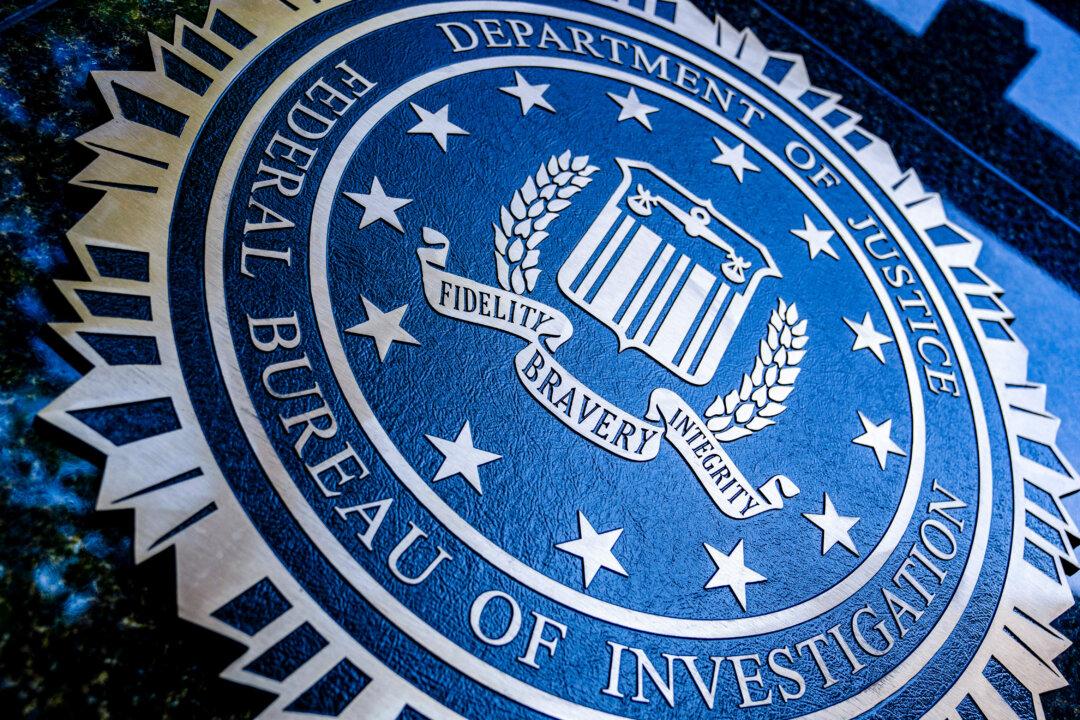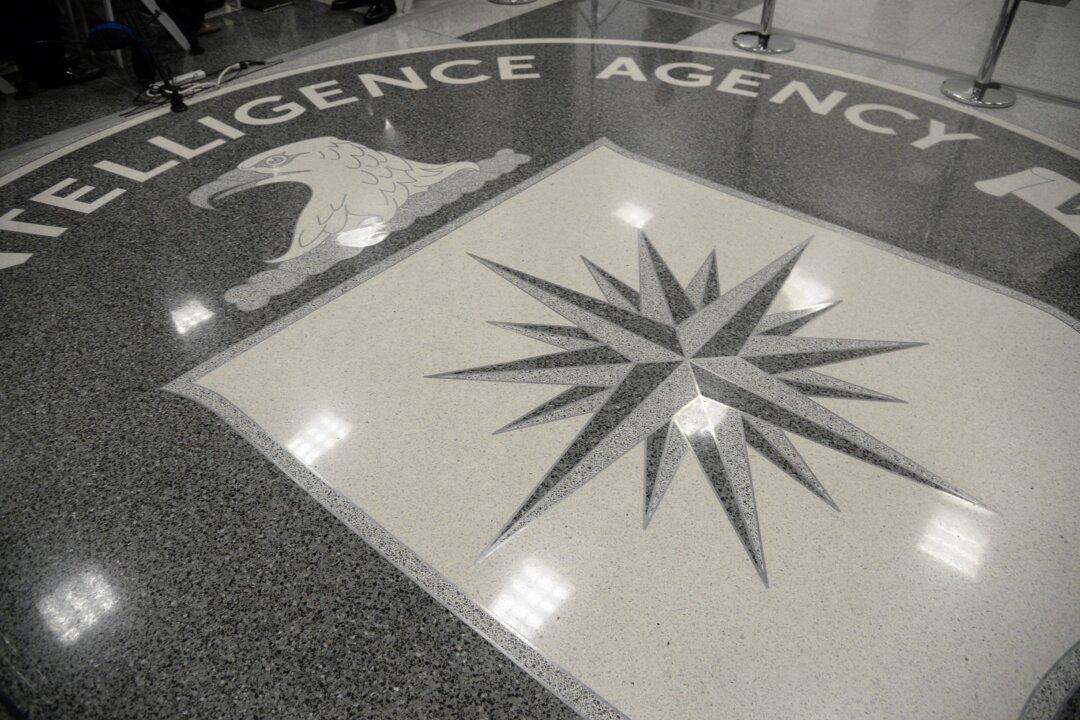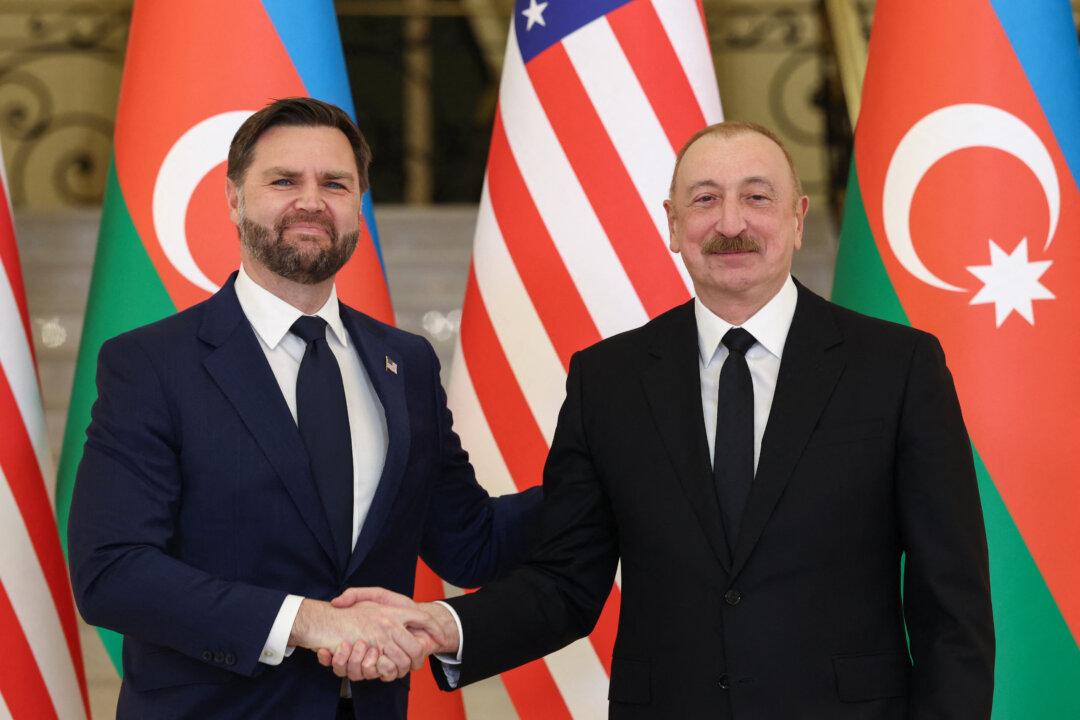The FBI has opened an investigation into reports that hackers, potentially tied to Iran, may have targeted former President Donald Trump’s campaign.
Microsoft’s cyber threat assessment office issued a report on Aug. 9 assessing that a group dubbed “Mint Sandstorm” used a spear-phishing email tactic to target a high-ranking official in an unspecified U.S. presidential campaign in June. The Microsoft Threat Analysis Center assessment states that Mint Sandstorm—which Microsoft believes is a hacking group connected to the Iranian Islamic Revolutionary Guard Corps (IRGC)—also attempted to log into an account belonging to an unspecified former presidential candidate.





